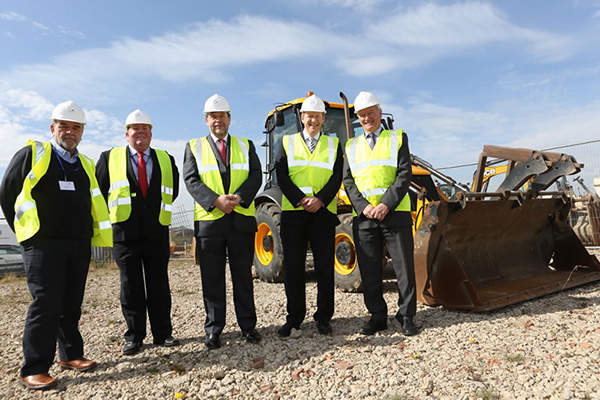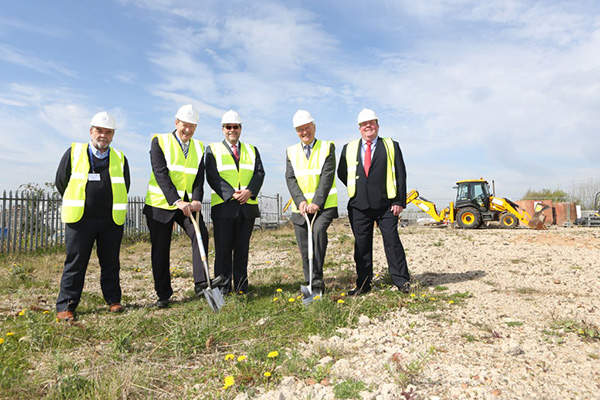Construction of the National Biologics Manufacturing Centre at Central Park in Darlington, UK, began in April 2014. The facility is used for conducting research on biologic products by promoting collaboration between academia, the UK’s National Health Service (NHS) and the industry.
The facility was opened in September 2015 and is managed by the Centre for Process Innovation (CPI).
In November 2015, France-based biopharmaceutical company Novasep installed BioSC Lab protein purification technology at the facility.
Details of the National Biologics Manufacturing Centre
The centre has a 5,000m² total floor space and is equipped with flexible laboratory and pilot plant areas. It is intended to help companies in the biologics market to produce, demonstrate, prototype and upscale the next generation of biologic products, as well as processes and technology. It also aims to help UK-based companies develop a competitive foothold in the growing biologics market.
The facility has a dedicated space for good manufacturing practice (GMP) process, analytical and technology development, as well as cleanrooms for research and state-of-the-art lab equipment. It is designed to feature flexible, open-plan areas, and features offices, meeting rooms and spaces for training and conferencing.
The centre was developed with a £38m ($64m) investment by the UK Government as part of the ‘Strategy for UK Life Sciences’ programme initiated in 2011, which promised a £310m ($429.3m) investment towards the support of discovery, development and commercialisation of innovative medicines.
The facility is located strategically in Darlington because of its close proximity to East Coast Mainline for transport facilities. It is also near existing pharmaceutical companies and relevant universities in the north of England.
During its construction phase, the centre created jobs for the region and enhanced the local economy, as well as the competitiveness of the UK’s biologics sector.
Production at the National Biologics Manufacturing Centre
The National Biologics Manufacturing Centre is used for developing biopharmaceuticals and biologics using biotechnology.
The production of biologic products requires biological foundations such as cells, bacteria, yeast and others to perform precise development processes. The facility is equipped with all such tools, facilities and technology for the development of innovative biologic medicines.
Construction and contractors for the project
Construction of the National Biologics Manufacturing Centre started in April 2014 and the facility was opened in September 2015.
In March 2014, Darlington-based construction company Interserve Construction received a £38m ($64m) design-and-build contract for the project.
Marketing commentary on CPI
The UK-based Centre for Process Innovation (CPI) advises companies in developing products and processes from concepts to finished products. Using applied knowledge in science and engineering combined with sophisticated development facilities, it enables clients to develop, demonstrate, prototype and scale-up the next generation of biologic products and processes.
In 2011, the CPI was made part of the UK’s High-Value Manufacturing Catapult (HVMC) network, which consists of seven technology and innovation centres. The HVMC was established to provide access to the best manufacturing talent and facilities.
Biological medicines account for 10-15% of the pharmaceutical market and constitute more than one-fifth of new medicines launched worldwide every year. The new facility at Darlington is intended to help the UK expand its contribution to the high value and high-quality production of biologic medicines in the global market.





